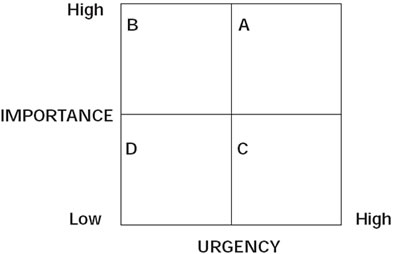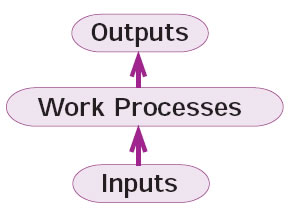*************************************************************************************
Operations Management refers to the way in which you manage your business. It includes all the activities and core processes involved in running the business.
The types of operational issues will vary depending on the type of
business you run.
The main areas involved in operations include:
- Manufacturing and Production– if you are a manufacturing business.
- Supply Chain and Procurement– purchasing, storage and stock control.
- Sales and Marketing – on-going market research and advertising.
- Finance – controlling income and expenses in the business.
- Human Resources – the employee issues that you will have to deal with.
- Quality Management – producing a high level of goods and services to ensure customer satisfaction.
- Product Research and Development – the logistics of producing new products and services and implementation of these.
You will need to manage your business pro-actively and ensure that
all safety regulations, risk factors and legal issues are considered.
Generic concepts of managing your business operations:
- Time management.
- Sourcing external expertise, such as professional services.
- Monitoring and improving productivity.
- Compiling and implementing a Quality Management System (QMS).
- Preparing and implementing an action plan for business operations.
Time Management
There are a number of processes that you will need to complete to
effectively manage your time.
These include:
- Identifying your goals.
- Compiling a task list.
- Prioritising tasks.
- Scheduling work.
Time should be spent on activities in the following order:
A - Urgent and important.
B - Important, but not urgent.
C - Urgent, but not important.
D - Neither urgent nor important.

MANAGING INTERRUPTIONS
Interruptions are disruptive because they put you off track. Most
people feel they are interrupted all the time, but if they added up all
the time they are actually being interrupted, it would probably only
account to a small part of the day.
The main problem is not usually the interruption itself, but the
effect it has on your flow of work. This is where your daily task list
is important as it will help you get back on track quickly after the
interruption.
Always keep interruptions short and stick to the point. Only deal
with the purpose of the interruption and not with other matters. Be
assertive without being rude, especially if it is a customer!
The main types of interruptions you will have to deal with are the
telephone and drop in visitors.
WHAT IS PRODUCTIVITY?
Productivity is defined as: The measure of output in relation to the
measure of inputs used to produce the output.

Productivity therefore is a measurement of how well an organisation
converts inputs such as labour, materials, equipment, etc. into goods
and services (outputs).
Increasing productivity will:
- Reduce costs.
- Increase volumes produced.
- Improve service delivery.
The successful management of this process is the key to the survival
of your business.
* Buy the SME Toolkit for more details about Operations Management